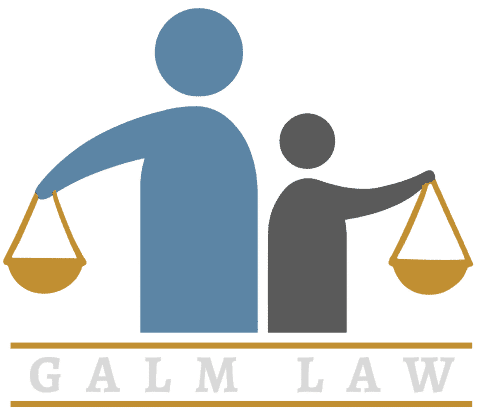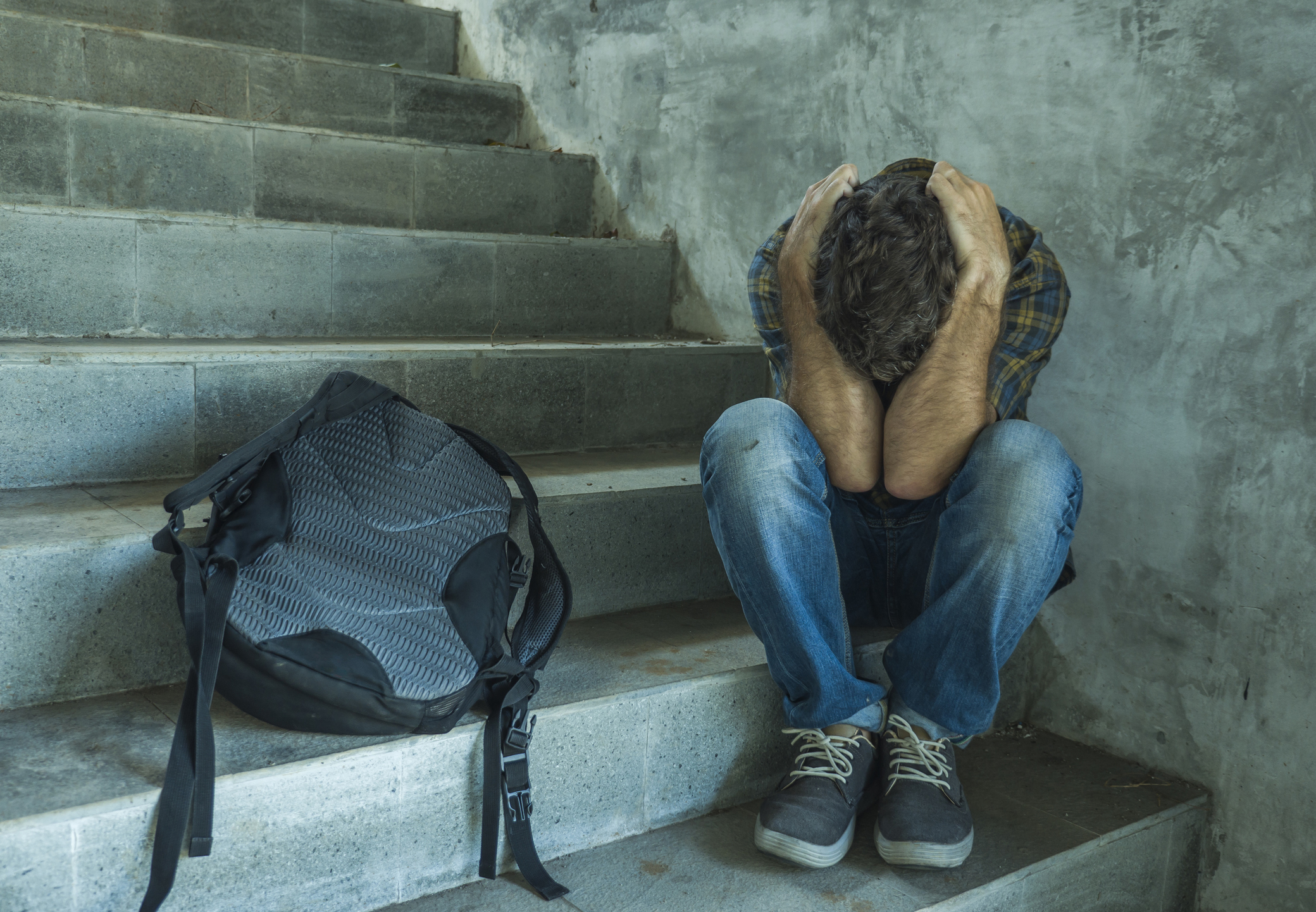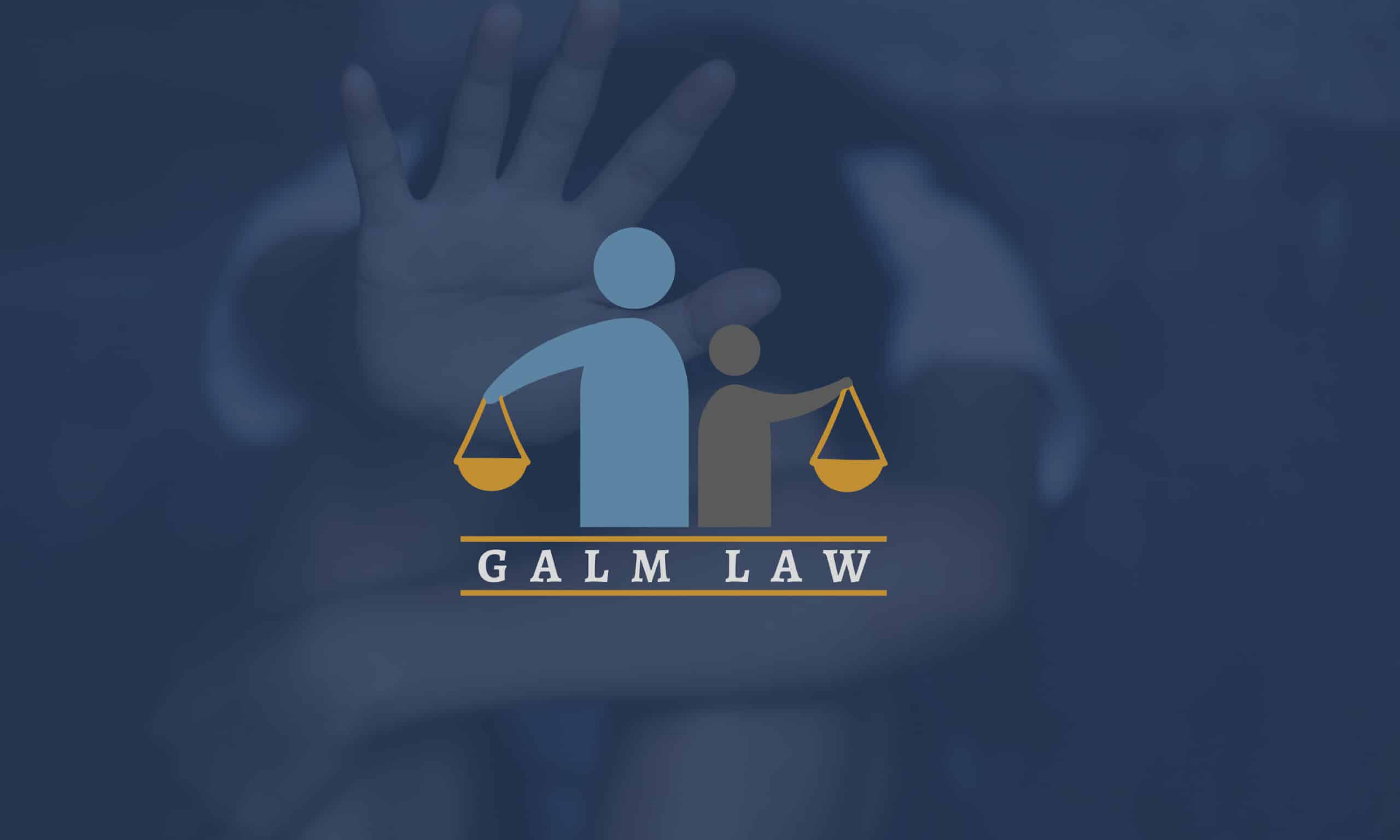Is It Possible to Take Legal Action Against a School for Not Preventing Sexual Abuse?
Schools carry the weighty task of ensuring student safety. They are legally bound to maintain an environment free from harm. In Oregon, schools can face consequences for ignoring this duty. The pivotal concept here is “negligence,” which involves failing to act with the caution that a reasonable person would under similar circumstances. Should a school be aware of potential abuse and ignore it, they might be deemed negligent.
What Steps Should I Take if I Believe a School Neglected Its Duty?
If you suspect negligence on the part of a school, there are clear actions to consider. Begin by collecting evidence—every email, report, and communication with the institution may prove significant. Reporting the situation to relevant authorities not only strengthens your case but also safeguards others. Subsequently, seek advice from a seasoned attorney who can illuminate the legal labyrinth and assess the viability of your case.
What Are the Legal Timelines for Suing a School?
In Oregon, the timeframe for initiating a lawsuit related to sexual abuse varies, so swift action is crucial. The law acknowledges the sensitive nature of these cases and allows for certain exceptions, yet timing remains critical. An attorney can help clarify these deadlines and ensure your case is lodged within the permissible period.
Is It Possible to Sue a Church for Failing to Prevent Sexual Abuse?
Much like schools, churches are tasked with safeguarding their congregants, particularly children. When this duty is neglected, they should be held accountable. In sexual abuse cases involving churches, the focus often lands on “vicarious liability.” This legal doctrine implies that an organization can be held liable for the actions of its staff or volunteers if those actions occur within their professional roles.
What Legal Avenues Are Available to Victims Within a Church Environment?
Victims in a church setting have several legal routes available. Reporting abuse to law enforcement initiates a criminal probe while documenting the incident. Civil lawsuits are another pathway, allowing victims to seek compensation for the suffered harm. An attorney can evaluate your case’s strength and guide you through the ensuing process.
How Do Courts Interpret Religious Freedom in These Scenarios?
Occasionally, churches may invoke the First Amendment, contending that their religious practices are protected. Nevertheless, courts have consistently asserted that religious freedom does not grant immunity from accountability for negligence-inflicted harm. A skilled attorney can craft an appropriate argument.
Is It Feasible to Sue DHS for Not Preventing Sexual Abuse?
The Department of Human Services (DHS) has a pivotal role in shielding children from abuse. Their duty involves investigating allegations and acting to secure children’s safety. If DHS neglects this responsibility, they can be held accountable. The notion of “gross negligence” is often relevant here, highlighting a severe lack of care that demonstrates a reckless disregard for others’ safety.
What Are the Available Legal Recourses Against DHS?
If you believe DHS failed in their protective role, legal recourses are available. Initiating a claim against a government body can be intricate, often involving strict timelines and specific procedures. Consulting an experienced attorney is paramount, as they can guide you through the legal system and hold DHS accountable.
What Is the Oregon Tort Claims Act?
In Oregon, claims against government entities like DHS fall under the Oregon Tort Claims Act. This legislation mandates that a claim notice be filed within a specific timeframe, often considerably shorter than other lawsuit limitations. Missing this deadline may prevent pursuing your case, making timely legal advice essential.
How Does Legal Precedent Support Lawsuits Against Institutions That Failed to Prevent Sexual Abuse?
The recent history of legal cases in Oregon and beyond establishes a strong foundation for pursuing civil lawsuits against institutions—such as schools, religious organizations, youth groups, or care facilities—when they fail to protect those in their care. Courts have increasingly recognized that institutions bear a duty of care, and failure to uphold this duty may constitute negligence or give rise to vicarious liability.
How Have Oregon Courts Addressed Institutional Responsibility?
Oregon courts have held that institutions can be liable for the actions of their employees, contractors, or volunteers when abuse occurs within the scope of employment or under circumstances where the institution knew or should have known about the risk. In multiple cases, schools and organizations were found liable for failing to act on warning signs or prior complaints, enabling further abuse. These rulings clarify that institutions cannot ignore red flags or evade responsibility through internal silence or inaction.
What Do Past Cases Reveal About the Path to Justice?
Reviewing past court decisions provides essential guidance for victims and their legal teams. For example, cases have shown that institutions may be held liable when they:
- Failed to conduct proper background checks
- Ignored previous complaints about an individual
- Did not enforce mandatory reporting requirements
- Lacked policies or training designed to prevent abuse
Such rulings illustrate how systemic failures—whether through negligence or deliberate concealment—can expose institutions to civil liability. Understanding how these cases were argued and resolved helps attorneys develop compelling legal strategies on behalf of survivors.
How Can a Skilled Attorney Support Me in a Lawsuit?
Legal representation is indispensable in sexual abuse cases. A skilled attorney possesses a deep understanding of legal intricacies and can help construct a compelling case. From evidence collection to settlement negotiations, their role is crucial.
An attorney can also elucidate your rights, demystify legal jargon, and advocate for your interests in court. They can advise whether pursuing a settlement or going to trial is preferable. Each choice carries distinct benefits and risks, and an adept attorney can help you weigh these factors to make an informed decision.
Call Galm Law today at 971-405-6660 for a free case evaluation.


